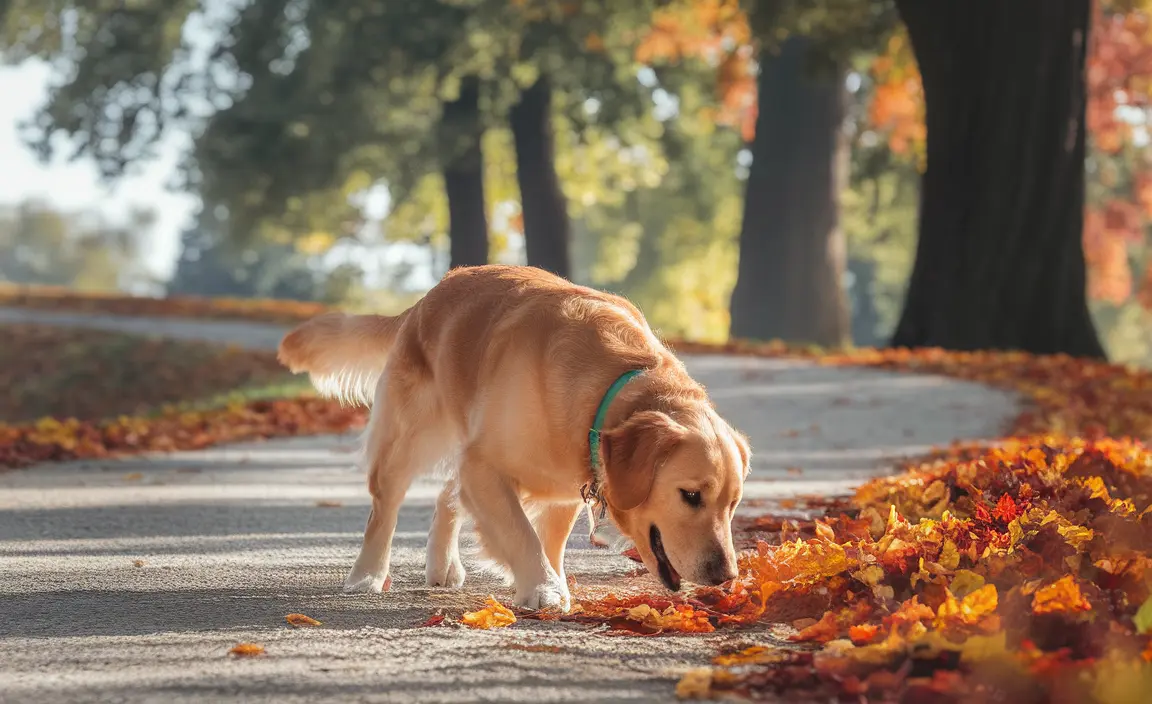As a dog owner, one of the most important responsibilities you have is cleaning up after your furry friend. But have you ever wondered about the environmental and health implications of dog waste? Understanding how dog poop decomposes and why proper disposal is crucial can help you become a more responsible pet owner and community member.
In this comprehensive guide, we'll explore the decomposition process of dog waste, its environmental impact, and the best practices for disposal that protect both public health and our ecosystem.
Does Dog Poop Decompose? The Surprising Truth
Contrary to popular belief, dog poop does not simply disappear or quickly break down in the environment. In fact, dog waste can take up to 9 weeks to decompose naturally, leaving a significant impact on the surrounding ecosystem during that time.
The Slow Decomposition Process
Dog feces contain complex organic matter that resists rapid breakdown. Unlike other organic materials, dog poop is dense and contains high levels of nitrogen and other compounds that slow its decomposition. Factors such as temperature, moisture, and local environmental conditions can influence how quickly waste breaks down.
Environmental Consequences of Abandoned Dog Waste
Water and Soil Contamination
When dog poop is left unattended, it becomes a potential hazard to the environment. The waste can:
- Contaminate water sources
- Introduce harmful bacteria into soil
- Damage local vegetation due to its high nitrogen content
Ecological Impact
The nutrients in dog waste can disrupt delicate ecological balances. Excess nitrogen can cause algae blooms in water systems and harm native plant species. Additionally, the bacteria and parasites present in dog feces can spread to other animals and humans, creating potential health risks.
Health Risks Associated with Unattended Dog Waste
Bacterial and Parasitic Transmission
Dog feces can be a breeding ground for numerous harmful pathogens, including:
- E. coli
- Salmonella
- Giardia
- Roundworms
- Hookworms
Children playing in areas with uncollected dog waste are particularly vulnerable to these health risks. These parasites can cause serious illnesses and long-term health complications if left unchecked.
Proper Dog Waste Disposal Methods
Eco-Friendly Disposal Techniques
Responsible dog owners should follow these best practices for waste disposal:
- Always carry biodegradable waste bags during walks
- Dispose of waste in designated dog waste bins
- Consider composting programs (with proper guidelines)
- Never leave waste in public spaces or natural areas
Legal Considerations
Many municipalities have strict laws regarding dog waste disposal. Failing to clean up after your pet can result in:
- Monetary fines
- Community service
- Potential legal action
Frequently Asked Questions
Why does dog poop take so long to decompose naturally?
Dog poop contains dense organic matter and high nitrogen content that resists quick breakdown. Factors like temperature, moisture, and environmental conditions significantly impact decomposition speed.
How can I properly dispose of dog poop in an eco-friendly way?
Use biodegradable bags, dispose of waste in designated bins, and consider local composting programs that accept pet waste. Always follow local guidelines and regulations.
Can dog poop be used as fertilizer or compost?
Dog waste should not be used directly as fertilizer due to harmful bacteria and parasites. Some specialized composting systems can safely process dog waste, but these require careful management and specific conditions.
What are the health risks of leaving dog poop in public spaces?
Unattended dog waste can spread dangerous bacteria and parasites like E. coli, Salmonella, and various worms. These can cause serious health issues for humans and animals, especially children and pets.
Are there any laws requiring dog owners to pick up after their pets in public areas?
Yes, most cities and municipalities have ordinances requiring dog owners to clean up after their pets. Violations can result in fines and other legal consequences.






